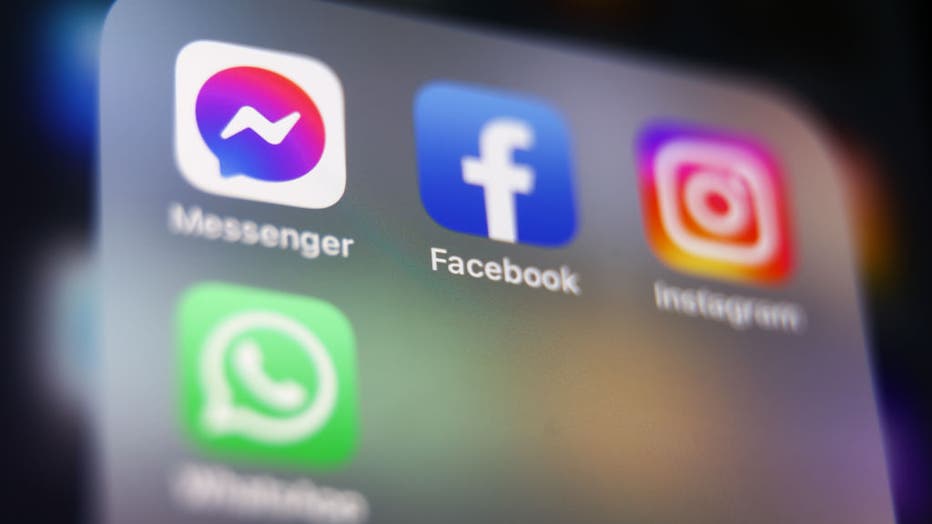Meta whistleblower sounds alarm over social media's impact on teens
Meta employee sounds alarm over social media
A former Facebook employee says parents should be worried about how social media is affecting teens' mental health.
A former Facebook employee is sounding the alarm about why he says parents should be worried about social media and teens' mental health.
Arturo Béjar, known for his expertise on curbing online harassment, said that he recounted to Mark Zuckerberg his own daughter’s troubling experiences with Instagram. But he said his concerns and warnings went unheeded. And on Tuesday, it was Béjar’s turn to testify to Congress.
"I appear before you today as a dad with firsthand experience of a child who received unwanted sexual advances on Instagram," he told a panel of U.S. senators.
Béjar worked as an engineering director at Facebook from 2009 to 2015, attracting wide attention for his work to combat cyberbullying. He thought things were getting better. But between leaving the company and returning in 2019 as a contractor, Béjar’s own daughter had started using Instagram.
"She and her friends began having awful experiences, including repeated unwanted sexual advances, harassment," he testified Tuesday. "She reported these incidents to the company and it did nothing."

Messenger, Facebook, Instagram and WhatsApp displayed on a phone screen are seen in this illustration photo taken in Krakow, Poland on August 6, 2023. (Photo by Jakub Porzycki/NurPhoto via Getty Images)
Béjar testified before a Senate subcommittee on Tuesday about social media and the teen mental health crisis, hoping to shed light on how Meta executives, including Zuckerberg, knew about the harms Instagram was causing but chose not to make meaningful changes to address them.
He believes that Meta needs to change how it polices its platforms, with a focus on addressing harassment, unwanted sexual advances and other bad experiences even if these problems don’t clearly violate existing policies. For instance, sending vulgar sexual messages to children doesn’t necessarily break Instagram’s rules, but Béjar said teens should have a way to tell the platform they don’t want to receive these types of messages.
"I can safely say that Meta’s executives knew the harm that teenagers were experiencing, that there were things that they could do that are very doable and that they chose not to do them," Béjar told The Associated Press. This, he said, makes it clear that "we can’t trust them with our children."
This comes as dozens of states - including Georgia - are suing Meta. The attorneys general suing the company, which owns Facebook, claim it is putting profits over people and has misled the public about the dangers of its platforms.
"We will not allow our state’s youngest citizens to be the targets of deceptive social media tactics, and we’re working diligently to address this dangerous and alarming trend," Georgia Attorney General Chris Carr said when he joined the bipartisan coalition in October.
The lawsuits claim the company knew exactly how design decisions could and would hook young people to the point of addiction. Officials also are seeking to have Meta's design features considered unlawful under state consumer protection laws.
A Meta spokesperson says the company has developed dozens of safety tools and that, "every day countless people inside and outside of Meta are working on how to help keep young people safe online."
The Kids Online Safety Act is now before Congress. Supports are hoping the measure reaches the floor by the end of the session.
The Associated Press contributed to this report.

